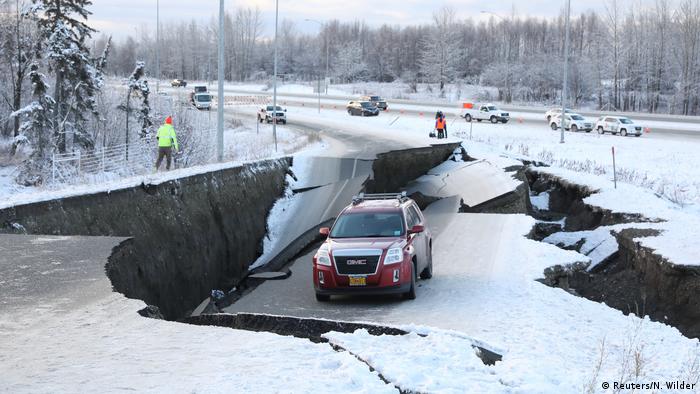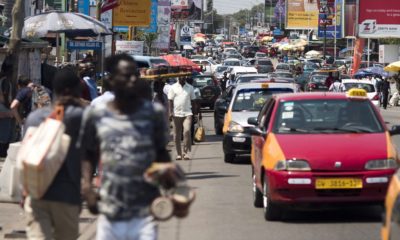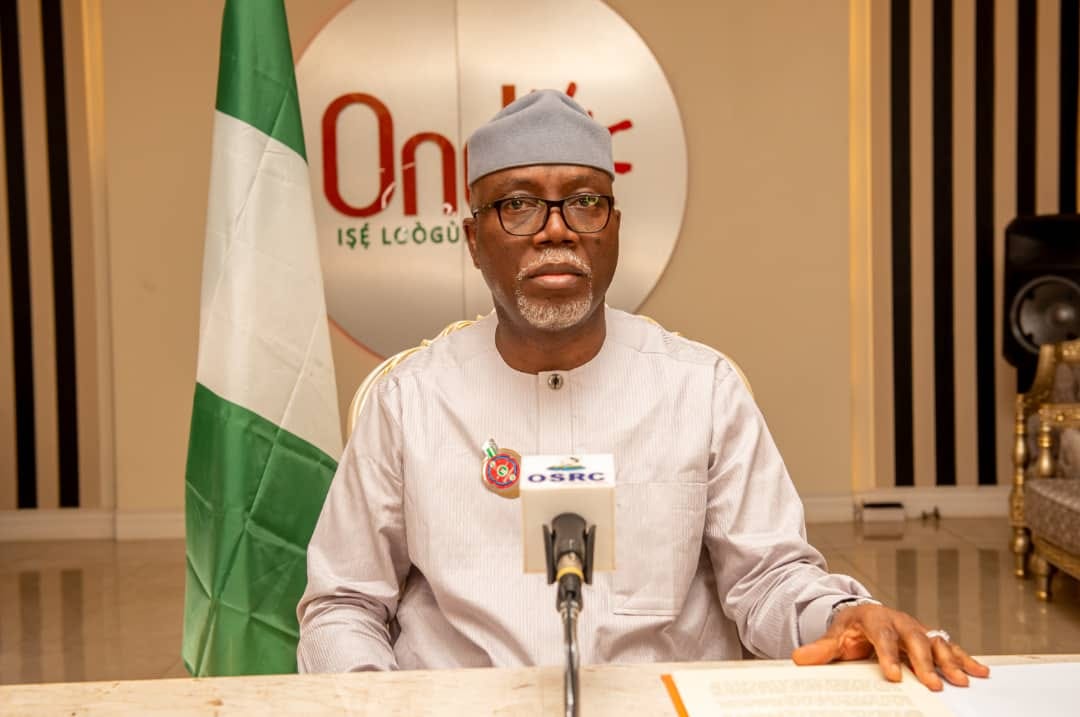In a tragic turn of events, a rare and powerful earthquake rattled Morocco late Friday night, resulting in a devastating loss of life and extensive damage to buildings spanning from remote villages in the Atlas Mountains to the historically rich city of Marrakech.
The death toll, initially reported at over 800, is expected to rise as rescue teams grapple with the challenge of reaching the most severely affected, remote areas.
As the quake jolted people from their slumber, fear and disbelief gripped the streets, prompting individuals to flee their homes and take refuge in the open. State television broadcasts depicted the streets of Marrakech teeming with people late into the night, as they hesitated to return to buildings that may still pose a threat of instability.
Witnesses recounted harrowing experiences of the earthquake’s impact. One man, visiting a nearby apartment, described how dishes and wall hangings rained down, while people were thrown off balance and chairs were overturned. A woman shared her story of fleeing her house amid the intense vibrations, while a man cradling a child revealed he had been abruptly awakened in bed by the violent shaking.
Rescue workers, distinguishable by their reflective yellow vests, tirelessly searched through the rubble of damaged buildings, illuminated only by the darkness of the night. Heart-wrenching images captured the extent of devastation, with homes bearing gaping holes and cars nearly buried beneath the remnants of collapsed structures, as reported by local media.
Among the casualties, Marrakech’s iconic Koutoubia Mosque, dating back to the 12th century, suffered damage, though the full extent remains uncertain. Its 69-meter (226-foot) minaret, known as the “roof of Marrakech,” is a symbol of the city.
Videos shared by Moroccans also documented harm to sections of the famous red walls encircling the ancient city, a UNESCO World Heritage site.
The Interior Ministry of Morocco reported at least 820 fatalities, with the majority occurring in Marrakech and five provinces near the quake’s epicenter. Also, 672 individuals sustained injuries, with 205 of them categorized as seriously hurt.
Abderrahim Ait Daoud, the head of a town near the epicenter, conveyed the devastating impact on nearby communities, with several homes either partially or completely collapsed. Access to electricity and roads was severely disrupted in some areas.
Given the vast distances between mountain villages in Al Haouz Province, the full extent of the damage is anticipated to be revealed only over time.
Al Haouz, renowned for its picturesque villages nestled in the High Atlas Mountains and Amazigh villages integrated into the mountainsides, was hit hard by the earthquake.
The Moroccan military and emergency services swiftly mobilized aid efforts in the affected areas. However, rescue operations were impeded by congested roads leading to the mountainous region around the epicenter, obstructed by rocks and debris from landslides.
Trucks laden with essential supplies, including blankets, camp cots, and lighting equipment, struggled to access the hardest-hit areas, as reported by the official news agency MAP.
On the treacherous journey from Marrakech to Al Haouz, ambulances with sirens wailing and vehicles of concerned citizens navigated around piles of red rocks that had tumbled from the mountainside, obstructing the road. Red Cross personnel worked diligently to remove a massive boulder blocking the two-lane highway.
As the day broke over Marrakech, ambulances and motorcycles resumed their urgent missions along the edges of the old city, where life slowly returned to normal. Tourists and passersby cautiously navigated roadblocks while capturing photographs of the cracked sections of the clay ochre wall, spilling fragments and dust onto the sidewalk and street.
In a show of solidarity, world leaders extended offers of assistance and condolences, with support pouring in from countries across Europe, the Middle East, and beyond. Turkey’s president, who had experienced a massive earthquake in his own country earlier in the year, was among those offering aid. France and Germany, both home to significant Moroccan-origin populations, also pledged their support. Leaders from Ukraine and Russia expressed their solidarity with the people of Morocco.
However, as of now, the Moroccan government has not formally requested international assistance, a necessary step for external rescue teams to be deployed.
According to the U.S. Geological Survey, the earthquake initially registered a magnitude of 6.8 at 11:11 p.m. (2211 GMT), with tremors lasting several seconds. The agency reported a magnitude-4.9 aftershock approximately 19 minutes later.
The epicenter of the earthquake was located near the town of Ighil in Al Haouz Province, approximately 70 kilometers (43.5 miles) south of Marrakech. The USGS reported a depth of 18 kilometers (11 miles) below the Earth’s surface, while Morocco’s seismic agency measured it at 11 kilometers (7 miles) deep. Shallow earthquakes like this tend to be more destructive.
Initial reports indicate that the Marrakech-Safi region, home to over 4.5 million people according to state figures, suffered severe damages and significant loss of life.
Earthquakes are relatively rare occurrences in North Africa, and Lahcen Mhanni, Head of the Seismic Monitoring and Warning Department at the National Institute of Geophysics, noted that this earthquake was the strongest ever recorded in the mountainous region.
Morocco has experienced past seismic events, such as the 1960 earthquake near Agadir, which measured 5.8 in magnitude and resulted in a devastating loss of life. This catastrophe prompted revisions to construction regulations in Morocco, although many buildings, particularly rural residences, may still not be adequately earthquake-resistant.
In 2004, another significant earthquake measuring 6.4 in magnitude struck near the Mediterranean coastal city of Al Hoceima, claiming over 600 lives.
The impact of Friday’s earthquake was felt as far away as Portugal and Algeria, according to reports from the Portuguese Institute for Sea and Atmosphere and Algeria’s Civil Defense agency, responsible for emergency response.
The hearts of people around the world go out to the victims of this tragic earthquake, and the global community stands ready to assist Morocco in its time of need.


 Education4 weeks ago
Education4 weeks ago
 News3 weeks ago
News3 weeks ago
 Business3 weeks ago
Business3 weeks ago
 Technology3 weeks ago
Technology3 weeks ago
 Investment4 weeks ago
Investment4 weeks ago
 Investment3 weeks ago
Investment3 weeks ago
 Telecommunications4 weeks ago
Telecommunications4 weeks ago
 Banking Sector3 weeks ago
Banking Sector3 weeks ago






























